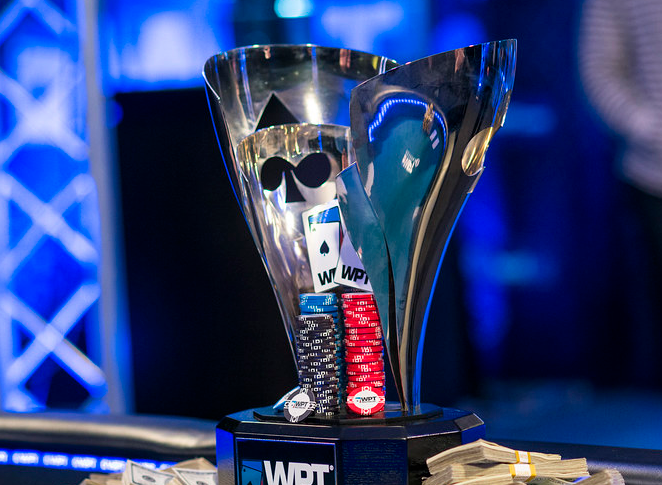In the bustling halls of Lisbon’s Feira Internacional, Uplatform turned heads with a safari-themed booth that blended fun and business at the SBC Summit 2025. This bold setup, complete with a giant giraffe and interactive games, drew crowds eager to explore iGaming innovations. But what made it stand out in a sea of over 30,000 attendees? Read on for the wild details.
Wild Theme Draws Massive Crowds
Uplatform, a leading provider of sportsbook and casino solutions, made a splash at the SBC Summit held from September 16 to 18 in Lisbon, Portugal. Their booth, themed around the “Wild Side,” featured a vibrant safari setup that included a lounge for networking, themed cocktails, and engaging games like the Plinko Safari Drop.
Attendees flocked to booth D112, where a massive giraffe sculpture loomed over the space, creating an eye-catching focal point. This creative display not only entertained but also highlighted Uplatform’s focus on bold growth strategies in the iGaming world.
The event itself broke records with more than 30,000 delegates from over 130 countries, marking a 20% increase from the previous year, according to organizers. Uplatform’s team used the theme to spark conversations about their technology, turning casual visits into meaningful business talks.
One highlight was the surprise ballet performance, which added an unexpected twist of elegance to the wild atmosphere.

Interactive Features Boost Engagement
Visitors didn’t just look; they participated. The Plinko Safari Drop game let people try their luck for prizes, while the lounge offered a spot to relax amid the summit’s packed schedule.
Uplatform’s approach went beyond gimmicks. They showcased real solutions for global iGaming growth, including advanced sportsbook tech and casino platforms tailored for different markets.
A “Wild Surprise” element kept things exciting, with details revealed on-site to build buzz. Industry insiders noted how this setup helped Uplatform stand out among hundreds of exhibitors.
By mixing fun with function, the booth fostered connections that could lead to new partnerships in the fast-growing iGaming sector.
Data from similar events shows interactive booths increase engagement by up to 40%, based on a 2023 study by event analytics firm ExpoLogic. Uplatform seems to have nailed this formula.
Industry Insights and Broader Impact
The SBC Summit serves as a key gathering for sports betting and iGaming leaders, and Uplatform’s presence reinforced their role in driving innovation. They emphasized strategies for “wild profits” without chasing trends, focusing instead on smart tech for partners.
Discussions at the booth covered everything from esports betting to localized casino games, addressing the needs of operators in diverse regions.
This year’s summit highlighted the industry’s expansion, with sessions on regulatory changes and tech advancements. Uplatform’s team shared how their platforms help businesses navigate these shifts.
For everyday readers, this matters because iGaming touches entertainment and tech in ways that affect online experiences worldwide. As more people engage with digital betting and games, innovations like Uplatform’s could shape safer, more exciting options.
- Sportsbook Solutions: Custom tools for real-time betting.
- Casino Platforms: Games adapted for local tastes.
- Esports Focus: Growing area with high user interest.
A report from Statista in 2024 projects the global iGaming market to reach $100 billion by 2026, up from $70 billion in 2023. Uplatform’s strategies align with this boom.
Future Prospects for Uplatform
Looking ahead, Uplatform plans to build on this success. Their award-winning platforms have already earned praise for reliability and innovation.
Post-summit feedback from attendees praised the booth’s energy, with many noting it as a highlight of the event.
This exposure could open doors to new markets, especially in regions where iGaming is taking off.
Events like SBC Summit remind us how creativity can fuel business growth in competitive fields.
The SBC Summit 2025 wrapped up with a bang, and Uplatform’s safari-themed booth emerged as a true standout, blending fun interactions with serious iGaming talks that promise real growth for partners. As the industry evolves, moves like this show how bold ideas can lead to lasting success, leaving attendees inspired and ready for what’s next.








